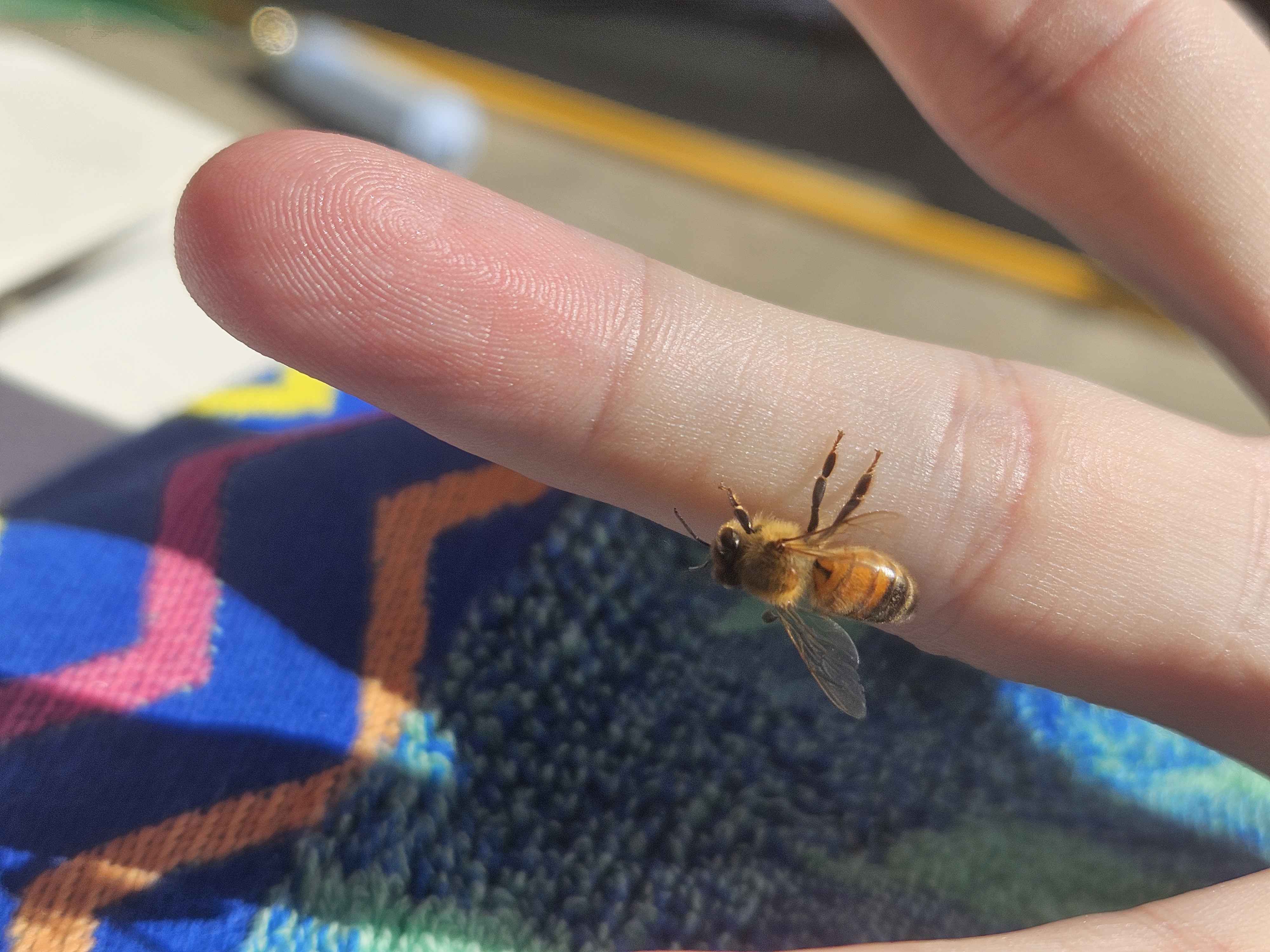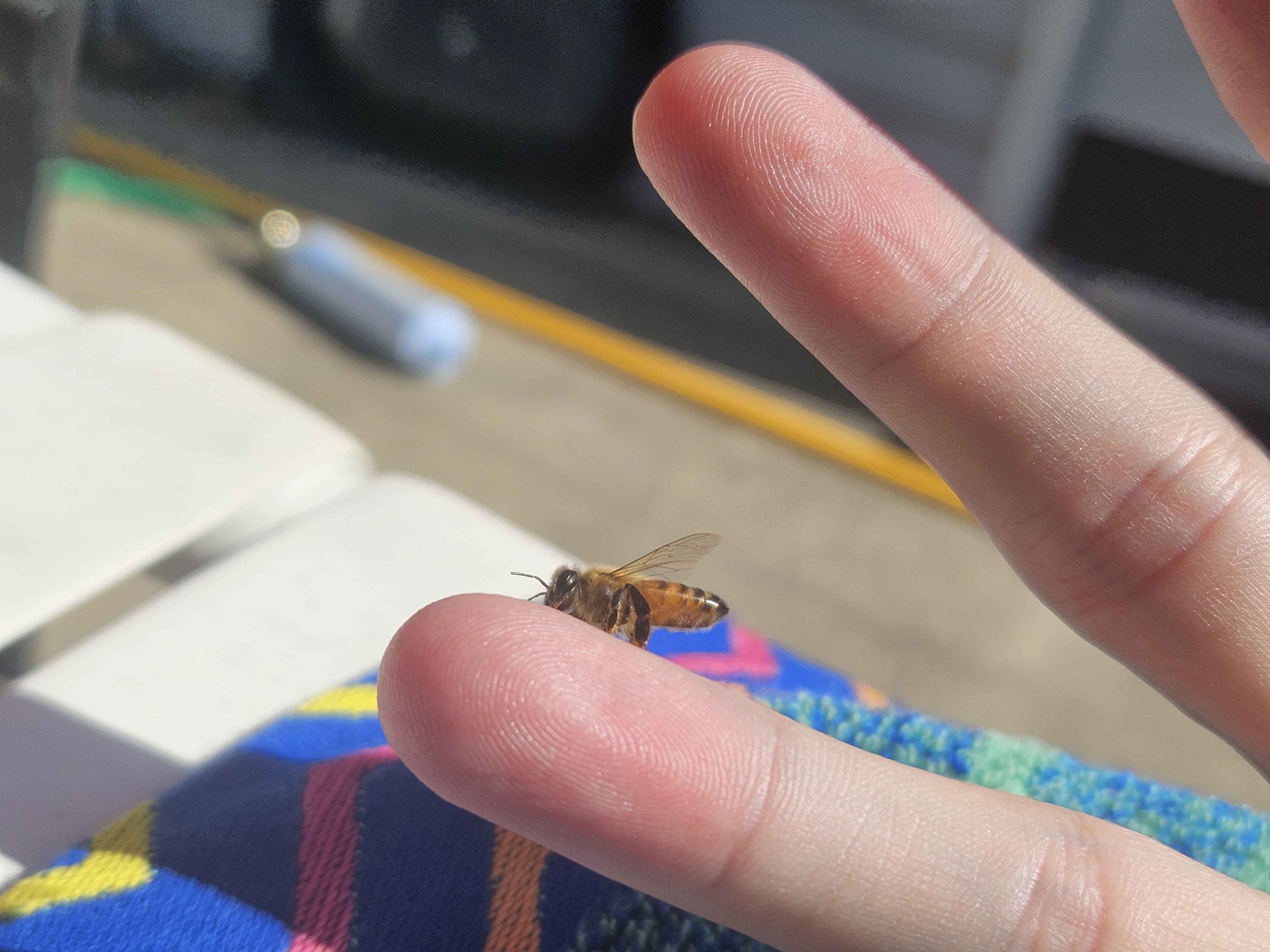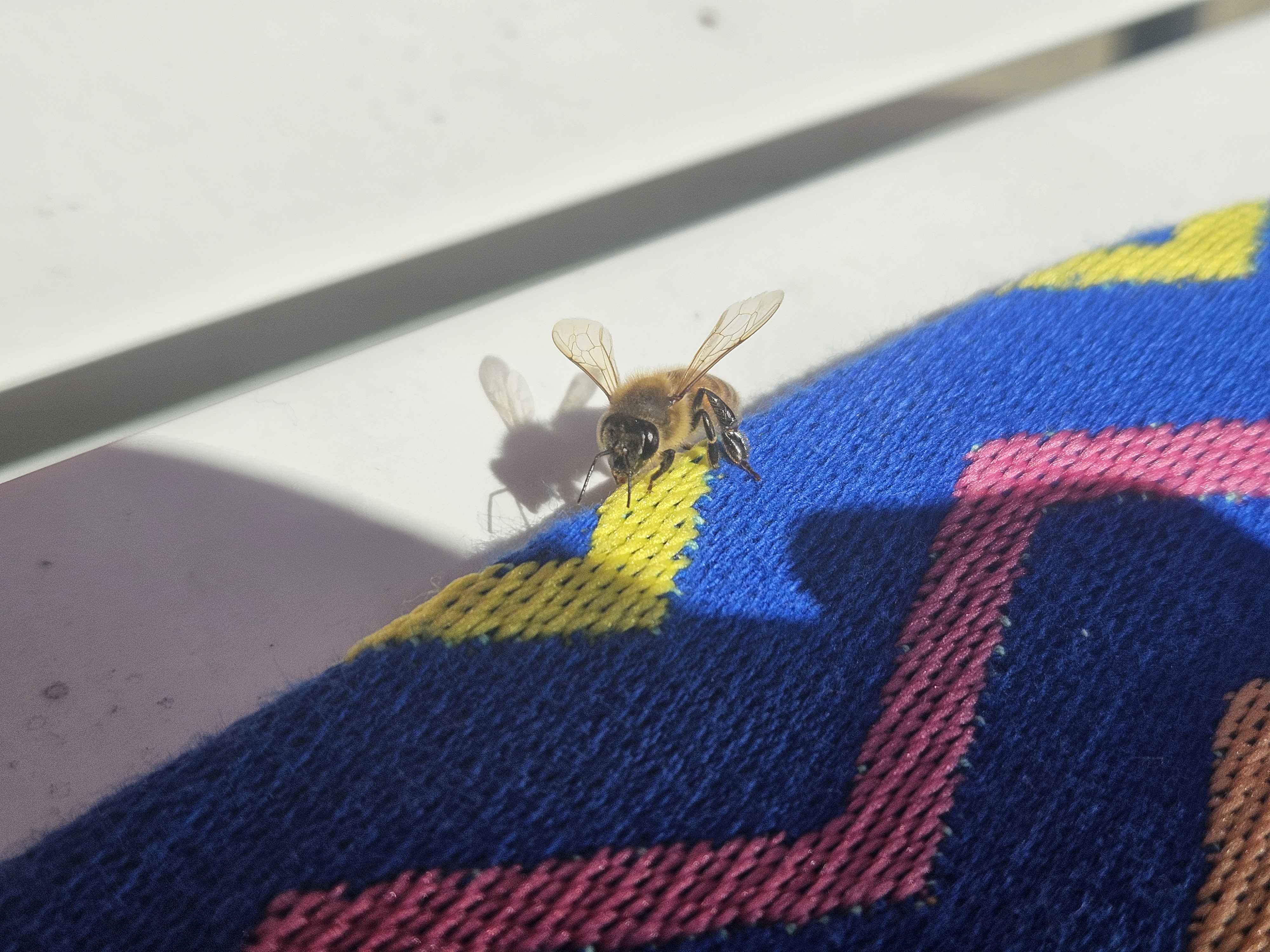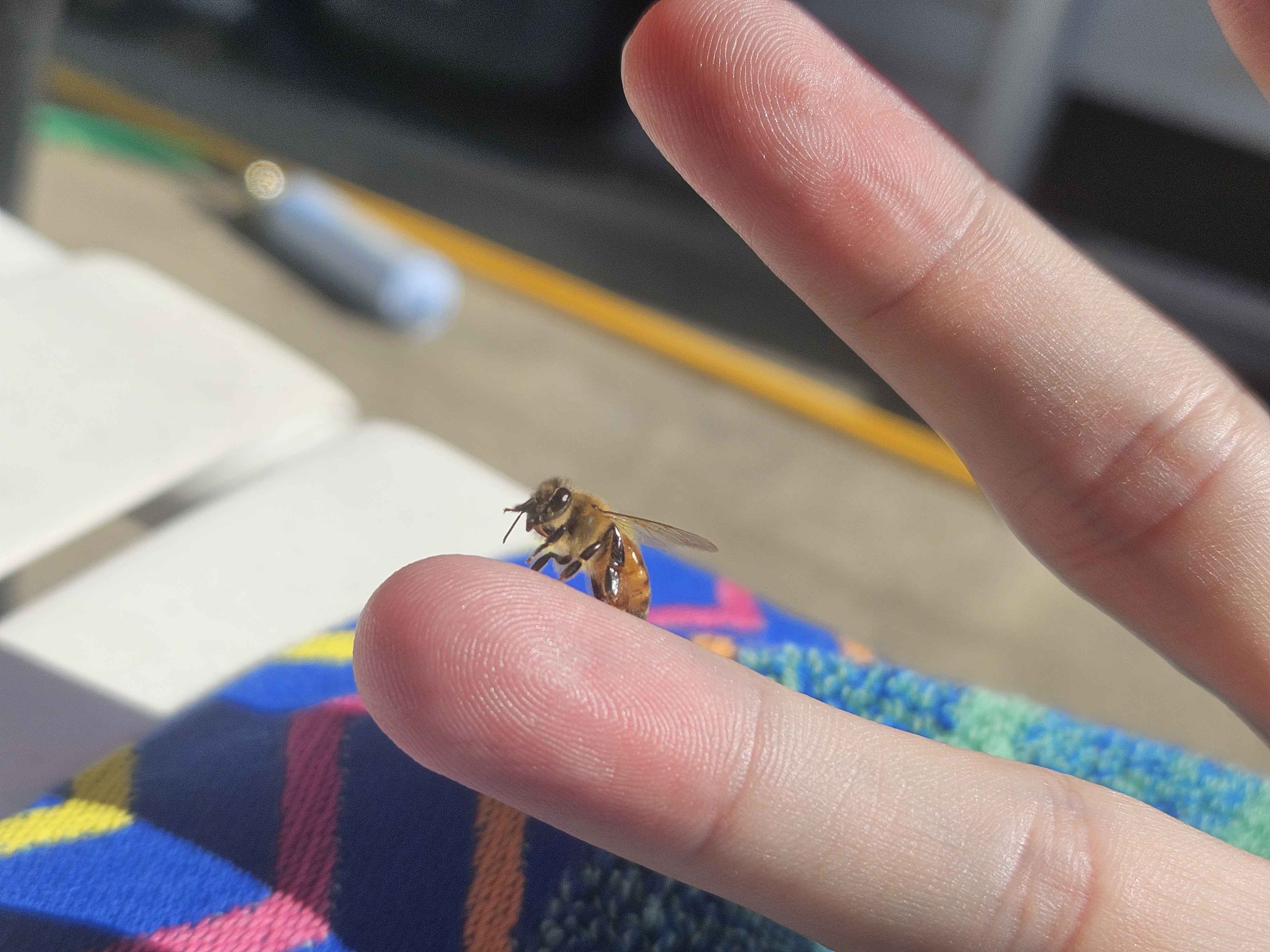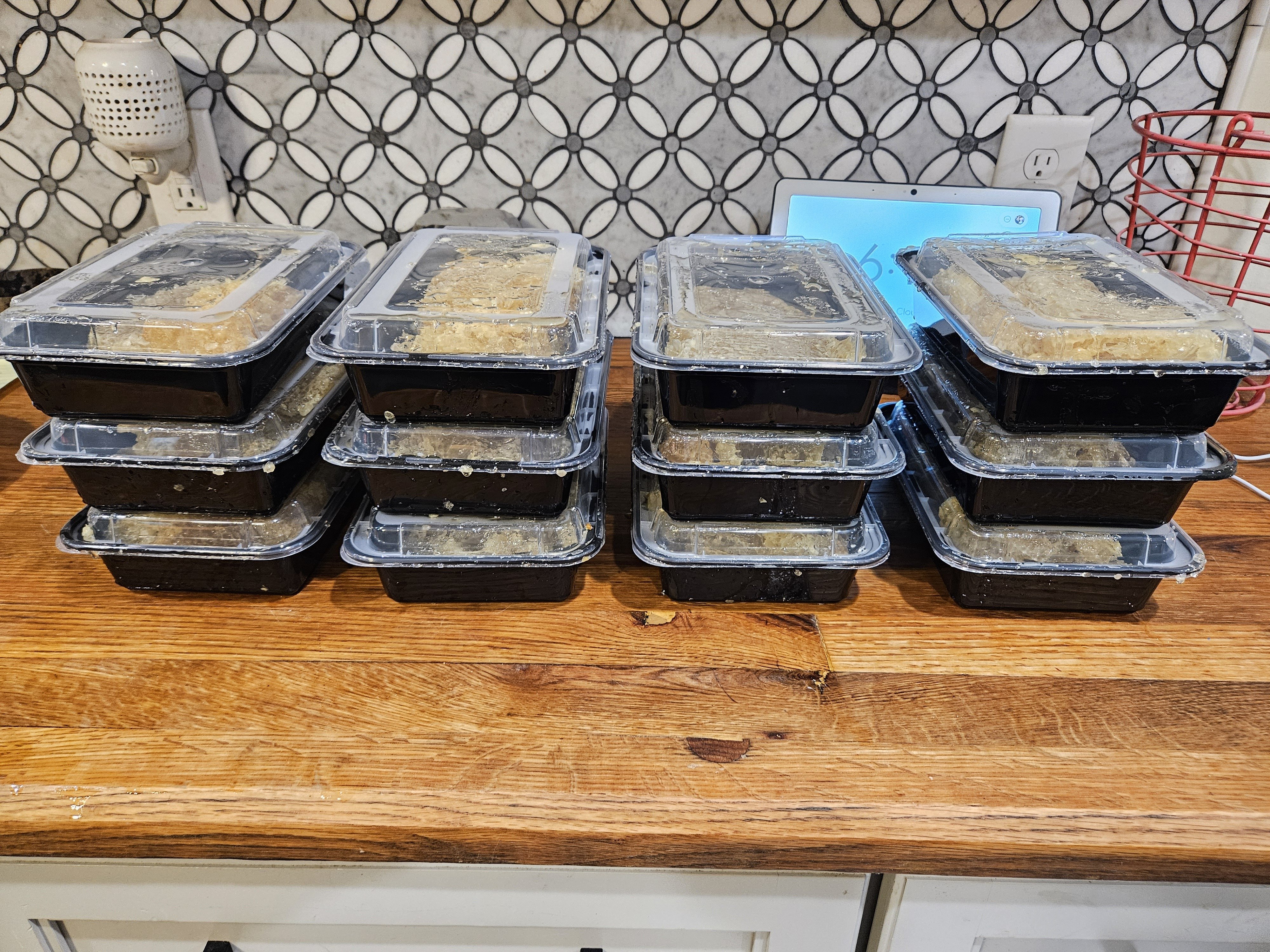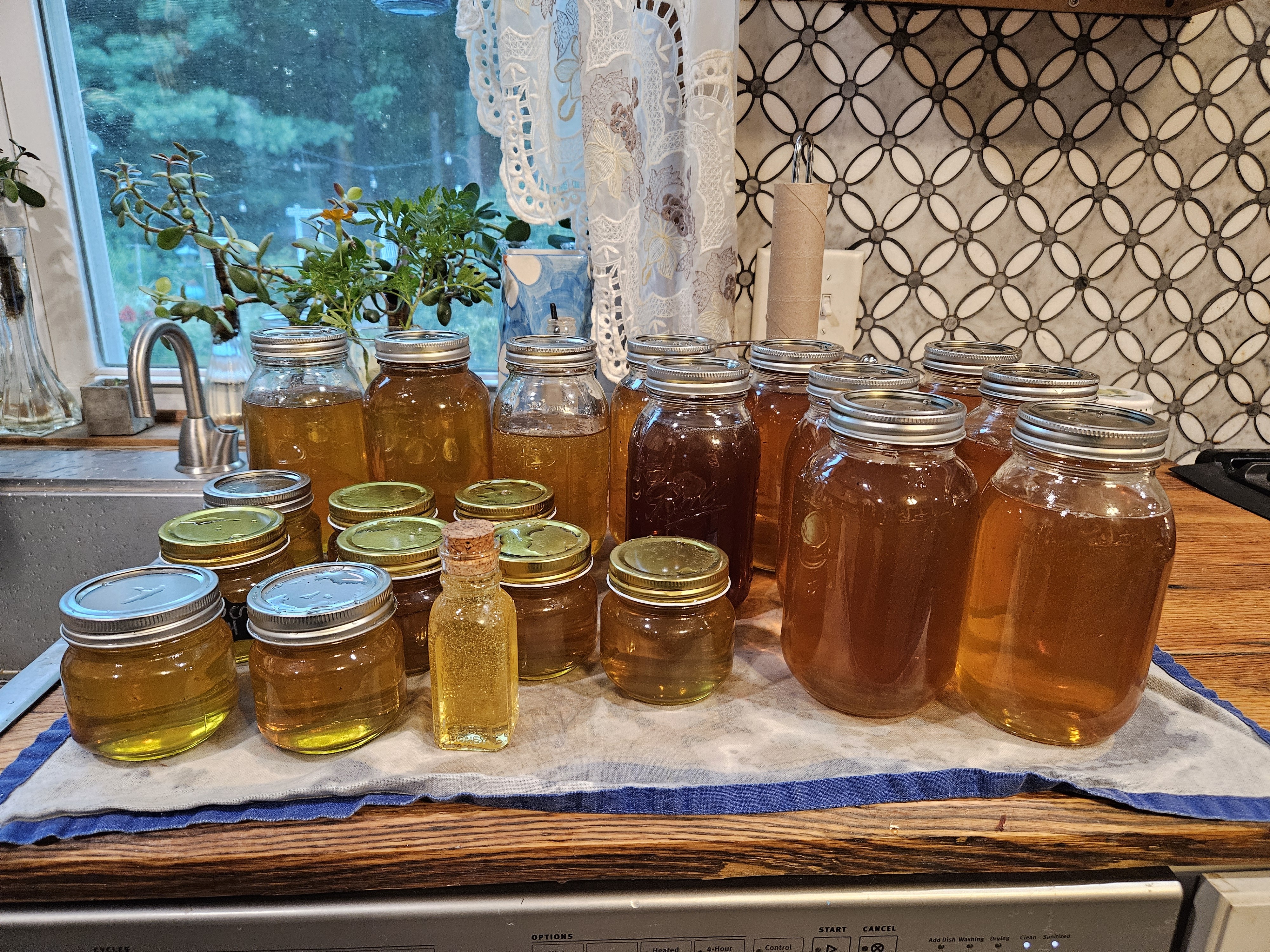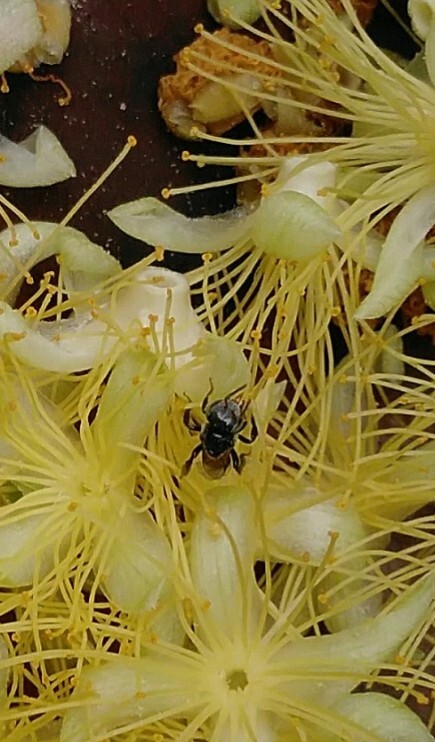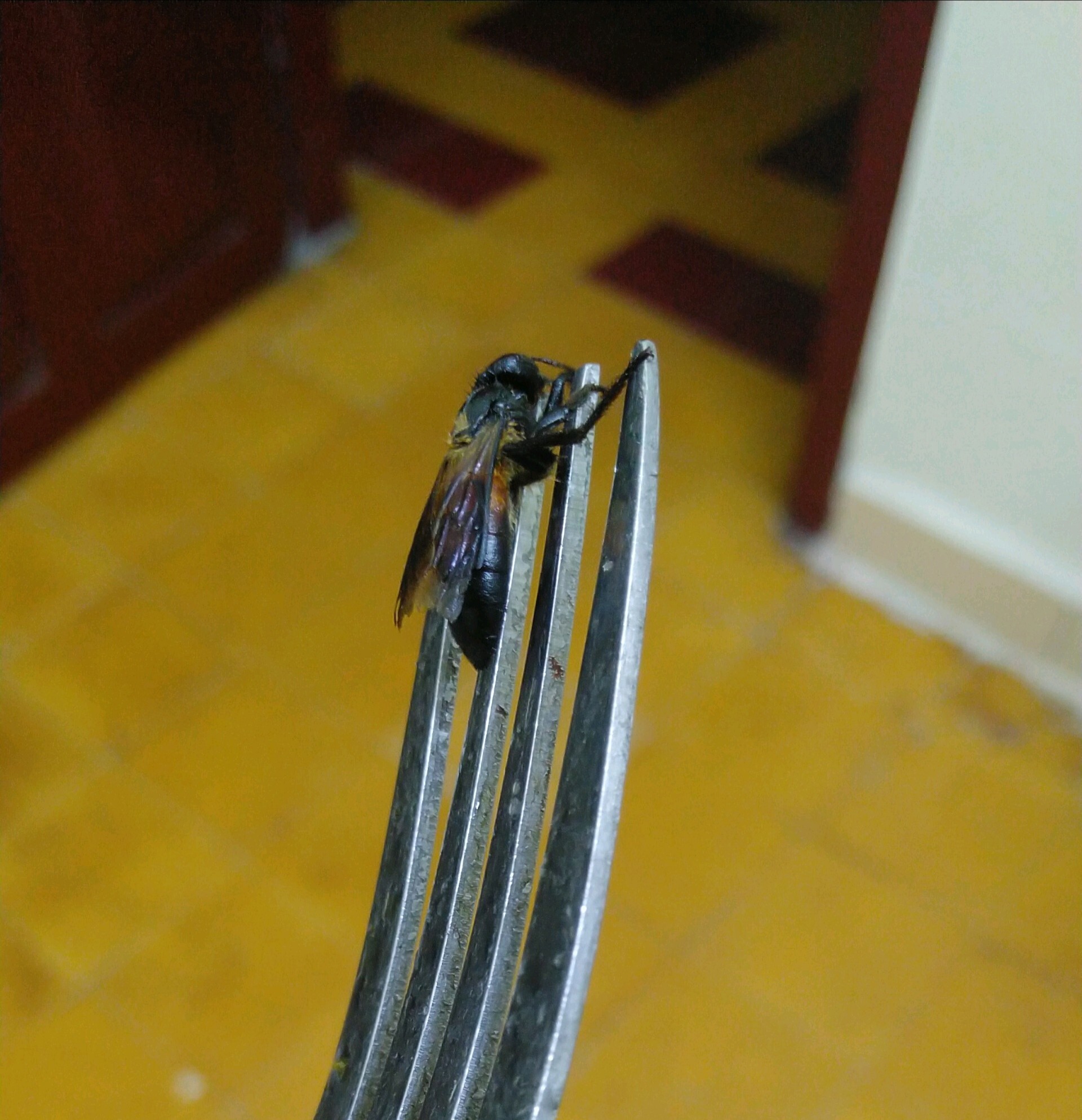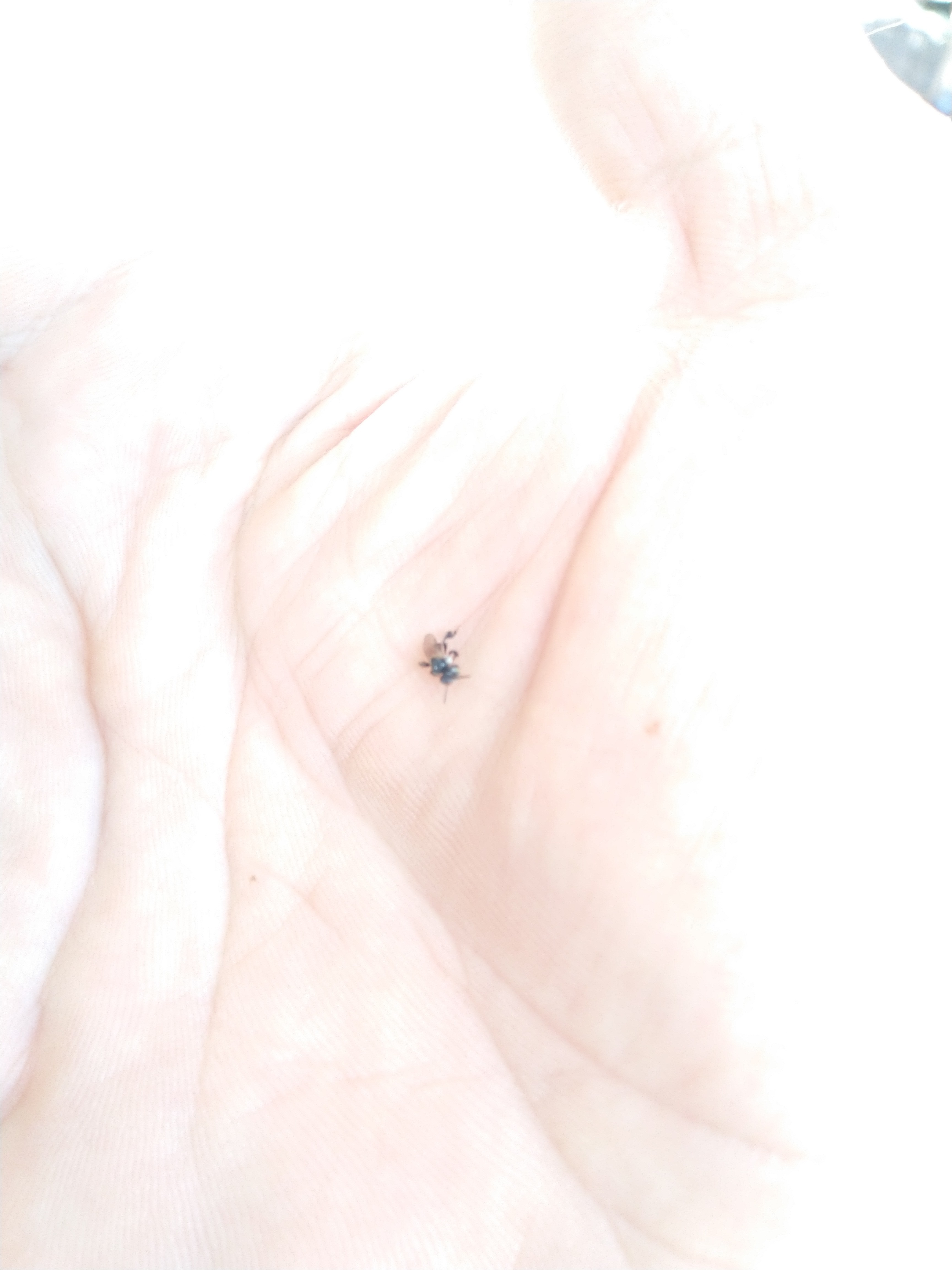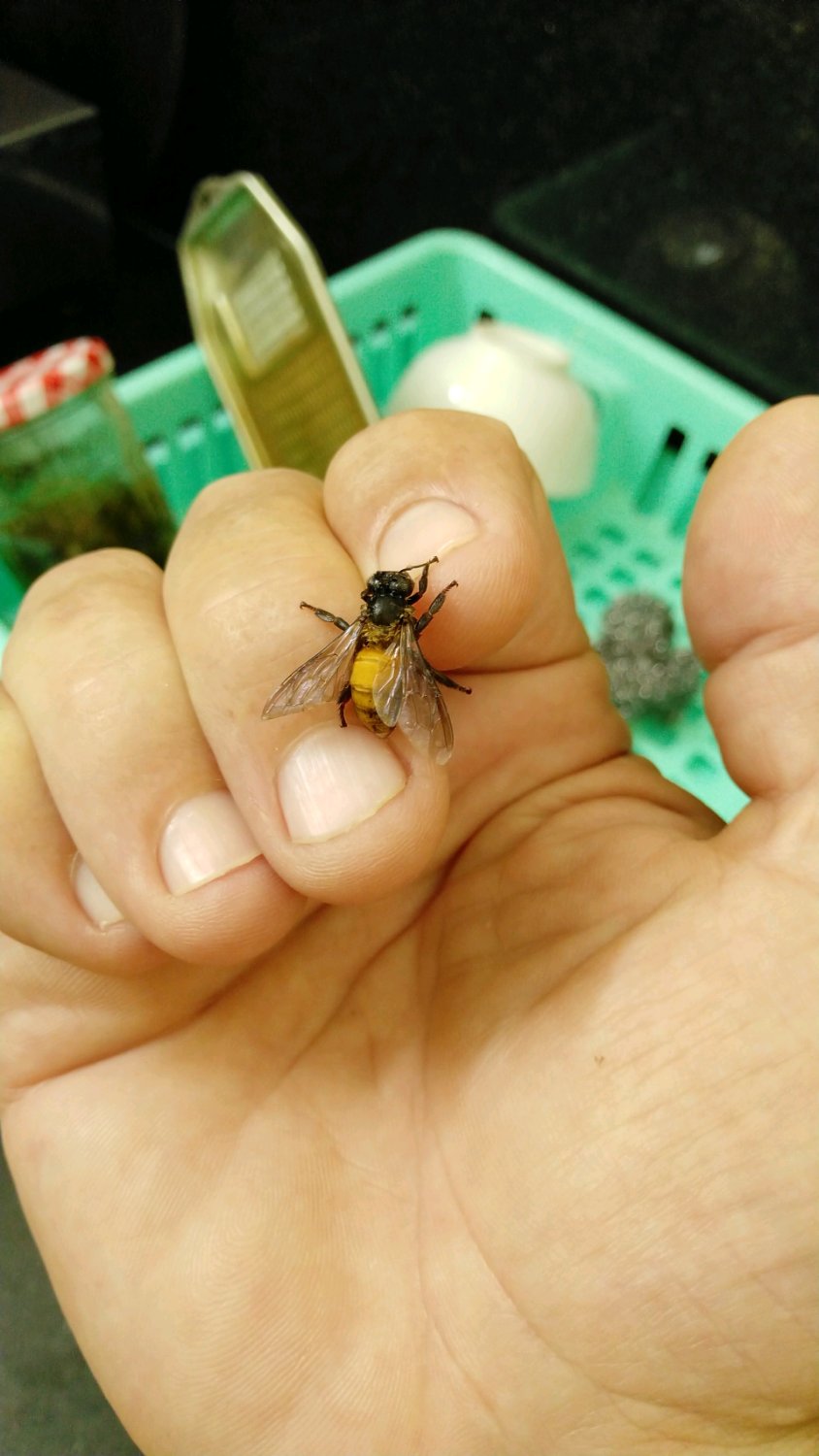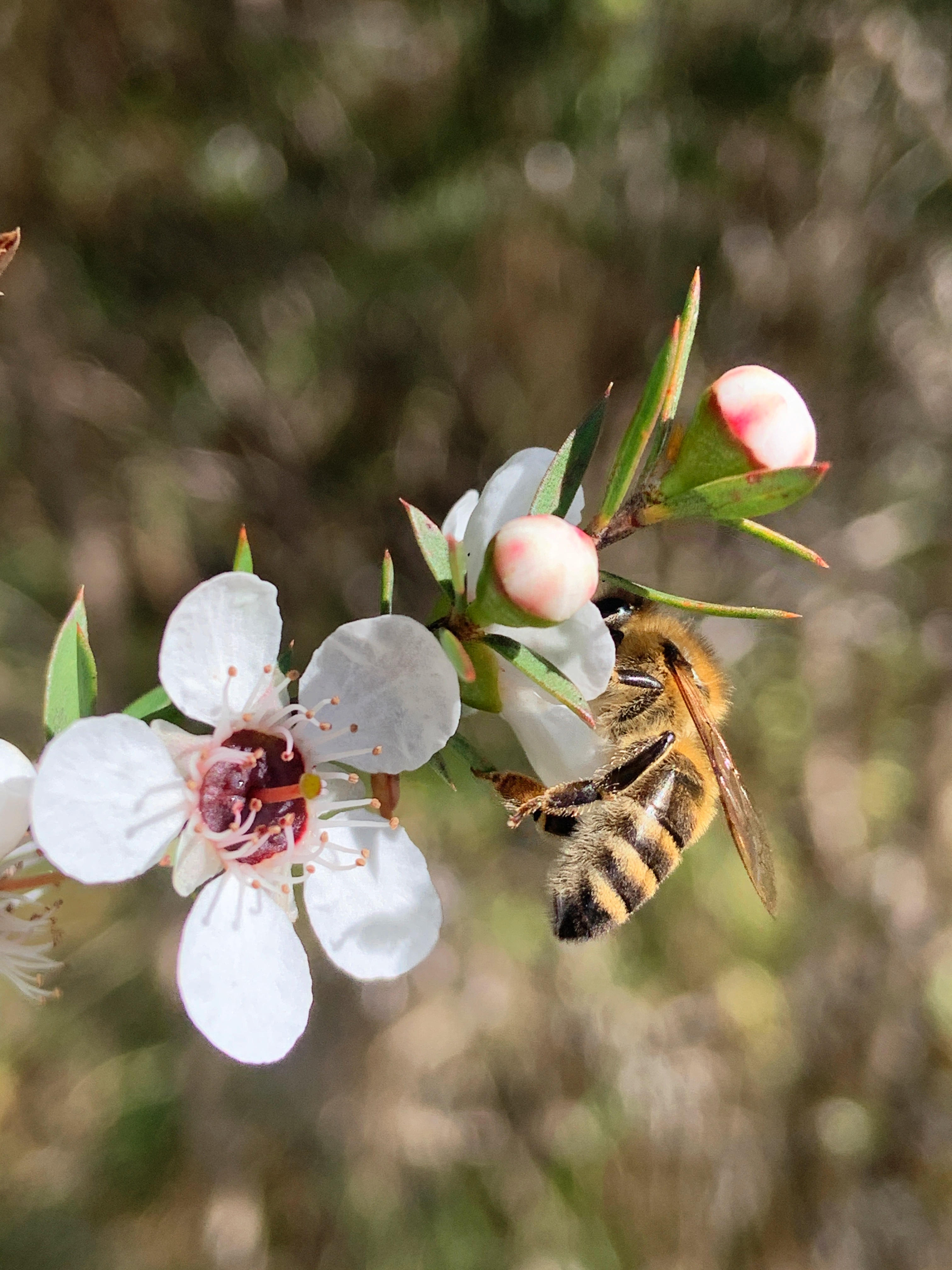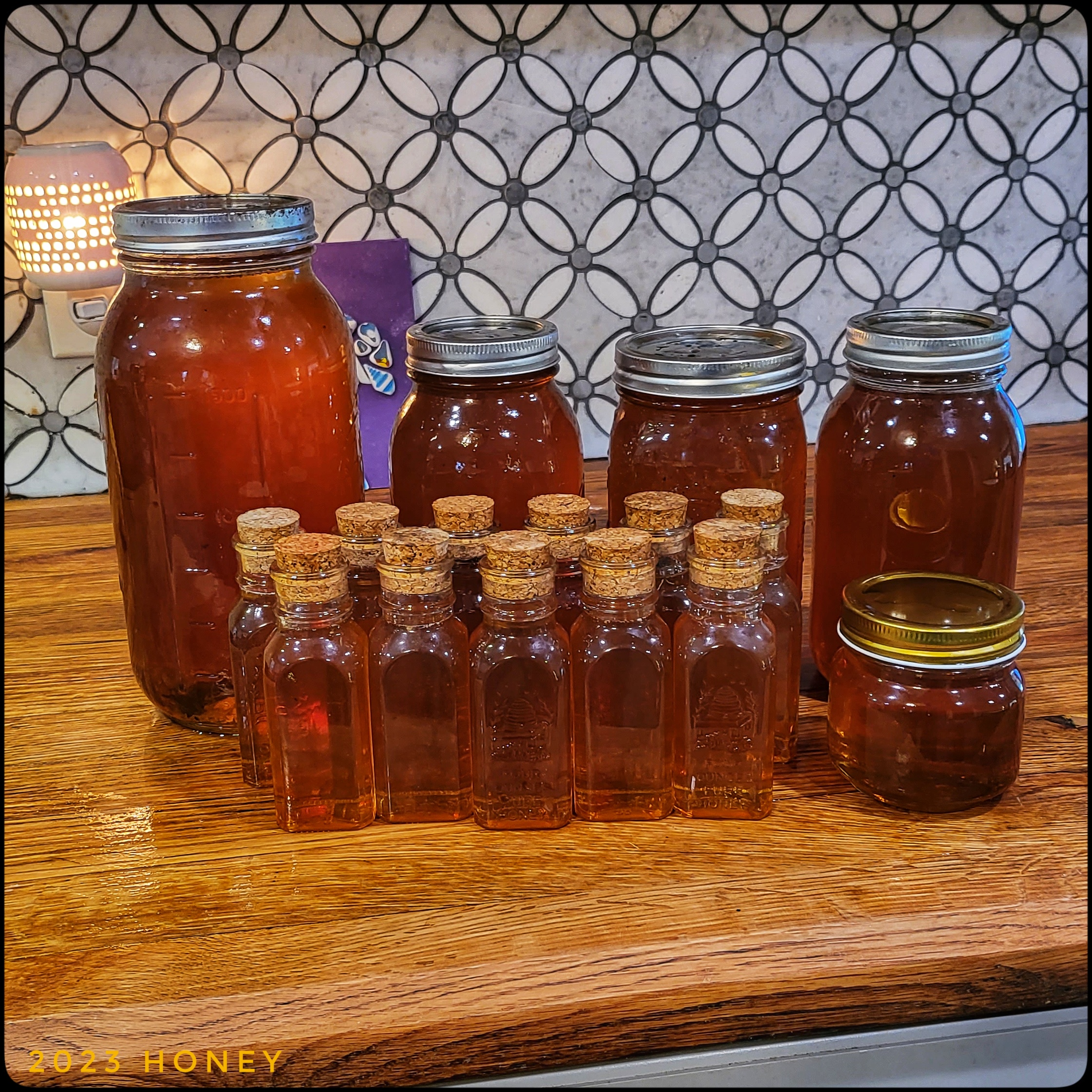Beekeeping and Bees
492 readers
19 users here now
Beekeeping, bee gardens, bee research, bee pictures, and honey appreciation.
founded 2 years ago
MODERATORS
1
2
3
4
5
6
7
8
9
10
11
12
13
14
15
16
17
18
19
9
CROSSPOST___Australia abandons effort to eradicate varroa mite after 14,000 bee hives destroyed
(www.theguardian.com)
20
21
22
23
24
25
view more: next ›
